Mistakes Even Healthy People Make

Too Little Sleep
It can leave you grumpy and distracted the next day, making it hard to focus. But long-term sleep loss is linked to dementia, heart disease, diabetes, and obesity. You can also add problems with your immune system, depression and anxiety, and ongoing pain to that list. Adults need anywhere from 7-9 hours of shuteye a night. Kids and teens need even more. Talk to your doctor if you have trouble getting enough sleep. Treatment may help. It might include lifestyle changes, medication, talk therapy, or a mix of all three.
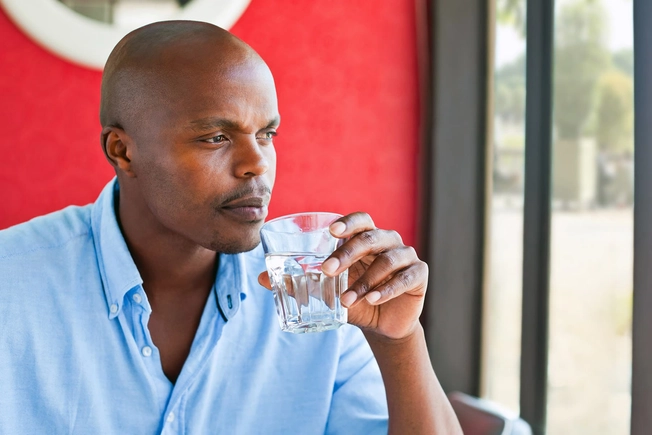
Not Drinking Water First
Your body sends out signals when you’re hungry or thirsty. But it’s easy to confuse the two. Both sensations can give you a headache or make you feel tired and dizzy. The next time you feel like snacking, try gulping a glass of water first. Other signs you need more fluid include dry eyes or skin, dry mouth, dark pee, or not peeing very much.

Sitting Too Much
Higher rates of death from heart disease, cancer, and other health-related causes are linked to lounging for more than 6 hours a day. Break up your sitting spells with 1-2 minutes of walking every half hour. There’s some evidence at least 1 hour of physical activity a day might make up for some of the side effects of sitting too long. Or think about getting a standing desk. If you use a wheelchair or have other mobility issues, ask your doctor or a physical therapist what activities are right for you.
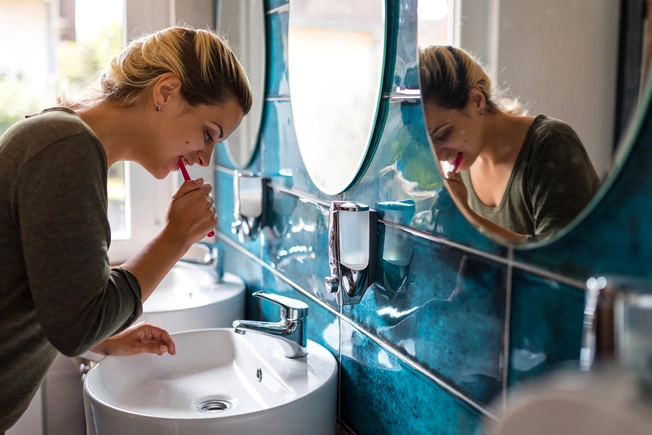
Brushing Too Soon After You Eat
Wait an hour to brush after a meal or drink, especially if it’s something acidic. Acid can soften the enamel, or protective coating, on your teeth. You can swish water around your mouth or chew a piece of sugar-free gum while you wait for it to harden back up. Acidic foods and drinks include fruits like oranges and lemons, sour candies, and carbonated water or soda (regular or sugar-free).
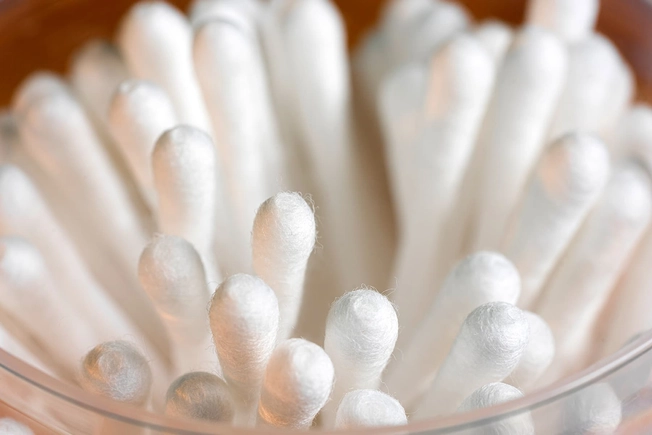
Using a Cotton Swab in Your Ear
You may end up pushing wax deeper into the ear canal. And you could puncture your eardrum if the swab goes too far. That can cause hearing loss. Your ear is pretty good at cleaning itself. But it’s possible to make more wax than normal. If that happens to you, ask your doctor what to do. They’ll tell you how to safely get rid of the wax.
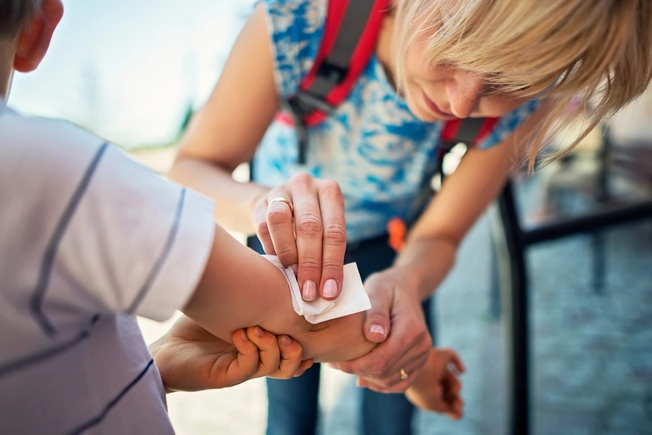
Cleaning With Peroxide or Alcohol
It might seem like a good idea to douse your wound with a powerful antiseptic. But that can hurt your healing skin even more. The best way to clean minor cuts or scrapes is simple: use mild soap and running water. Then put a layer of petroleum jelly on it to keep it moist. You don’t want a scab to form -- dry skin takes longer to heal. See a doctor if you can’t stop the bleeding on your own. You may need stitches
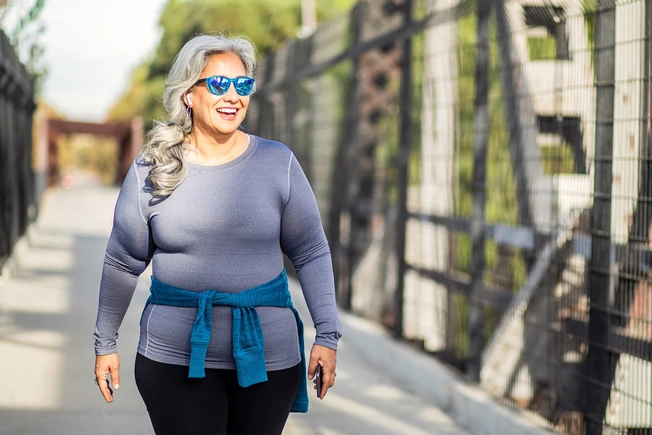
Not Wearing Sunscreen All Year
Ultraviolet (UV) light is the main cause of skin cancer. And the sun’s UV rays shine year-round. For those with light skin, it only takes about 10-15 minutes to get sun damage. But no matter your skin color, it’s a good idea to wear sunscreen anytime you go outside, even if it’s cloudy. Be extra careful around snow, sand, or water. They can reflect the sun’s rays. Use sunscreen with an SPF of 30 or higher. Cover all areas of exposed skin, including your lips and ears.
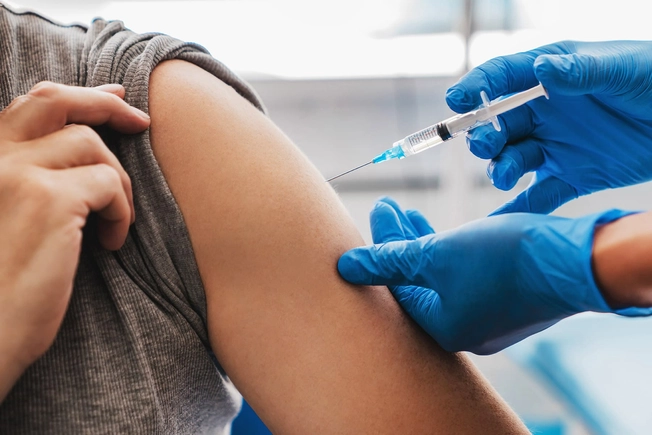
Avoiding Vaccines
Flu shots and other vaccines protect you from lots of diseases. But your health isn’t the only thing on the line. Vaccines lessen the odds you’ll spread diseases to others. That’s important because certain groups are more likely to get very sick, such as babies, young children, older people, and those with certain health conditions or weakened immune systems. The vaccines you need change as you age. Ask your doctor which ones are best for you and your family.
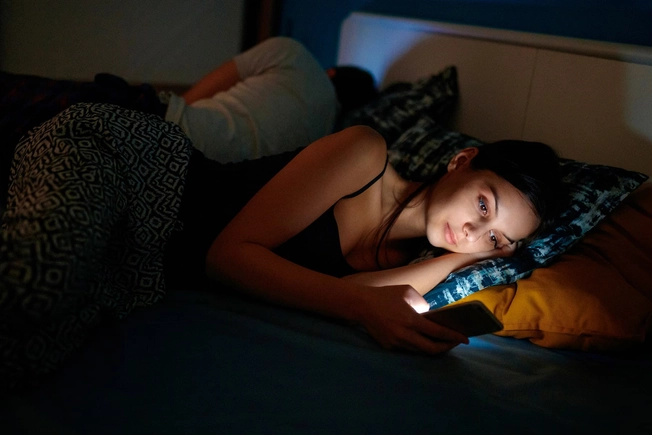
Looking at Your Phone Before Bed
We all use digital devices for fun. But engaging with your phone at night can make it harder for your brain and body to relax. Smartphones and tablets also give off blue light. Too much of this “daytime” light can confuse your body’s clock and delay the release of sleep hormones like melatonin. Try putting your phone in another room if you can’t skip bedside scrolling. You can buy an old-fashioned alarm clock to wake you up.
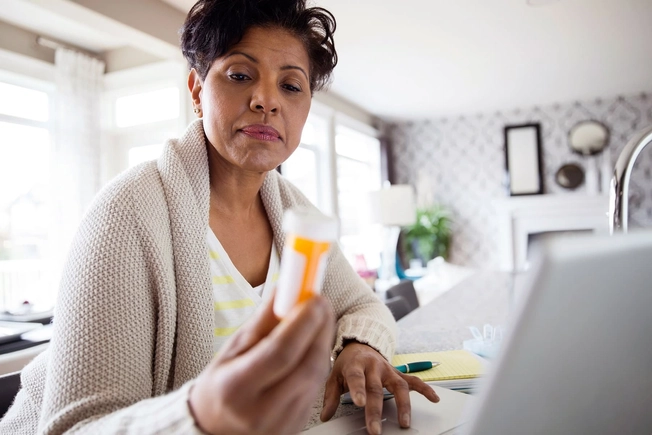
Not Checking for Drug Interactions
Some things can change how your medication works. That includes food, supplements, and other drugs. Some of these interactions can make your medicine less effective or cause unwanted side effects. Always read the warning labels that come with prescription or over-the-counter drugs. Your pharmacist can also let you know what to avoid.
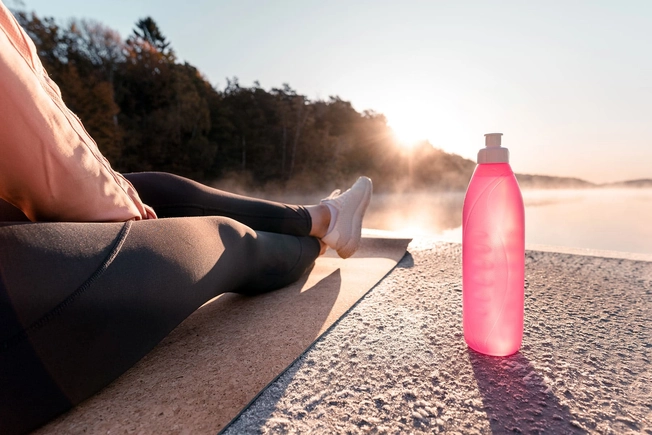
Not Cleaning Your Water Bottle
Your reusable water bottle helps you make less trash. But it can attract germs if you don’t wash it. You should clean it with soap and water every day, or at least on the days that you use it. Rinse all the soap off and let it dry overnight. Run it through the dishwasher if possible. You can also sanitize your bottle by filling it with about 3-4 tablespoons of white vinegar and water. Let the mixture sit in your bottle overnight. Rinse and dry in the morning.
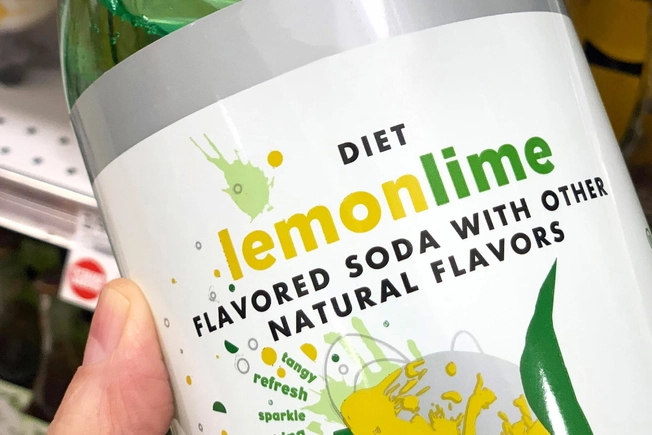
Drinking Diet Soda
Sugar-free soda is low in calories. But it doesn’t have any other health benefits. Some experts warn against drinking any amount of artificially sweetened soda. But research on the health effects of artificial sweeteners is ongoing. It’s probably OK to have one diet soda a day, but your doctor would prefer you drink water when you’re thirsty. Add a splash of fruit for flavor. Try tea or black coffee for a caffeine boost.
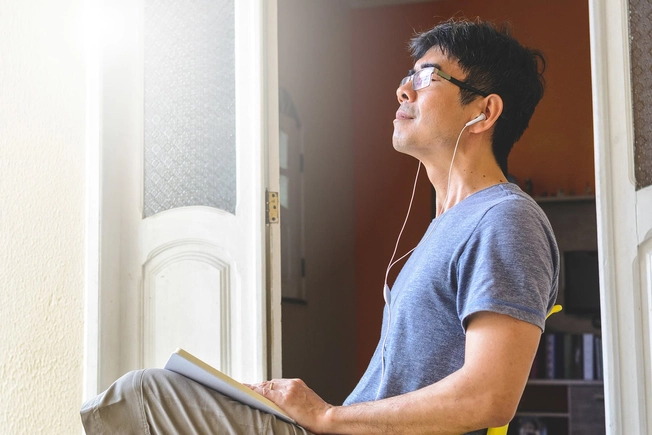
Ignoring Your Mental Health
Everyone gets overwhelmed sometimes. But ongoing mental stress can cause lots of health problems. It can weaken your immune system and raise your chance of illnesses like heart disease, diabetes, and depression or anxiety. There are lots of healthy ways to relax, including exercise, meditation, and connecting with friends or family. Your doctor or a mental health professional can give you some ideas, too.
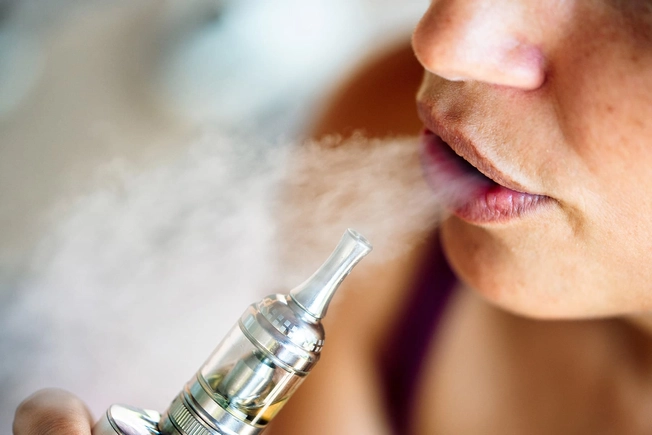
Vaping
E-cigarettes probably aren’t as bad for you as regular cigarettes. But they’re not harmless. Vaping exposes your body to nicotine. And you can get uncomfortable withdrawal symptoms when this addictive chemical leaves your body. Nicotine also raises your chances of a heart attack. More research is needed, but there’s some evidence vaping is linked to chronic lung disease and asthma. If you smoke or vape, ask your doctor about ways to help you quit.

Not Telling Your Doctor the Truth
If you’re like lots of other people, you might keep things from your doctor. But you’ll get better care if you give your doctor more information. If you smoke, don’t exercise, or don’t want to change your diet, be honest about it. Your doctor shouldn’t judge you. Instead, they should work with you to find ways you can stay healthy.